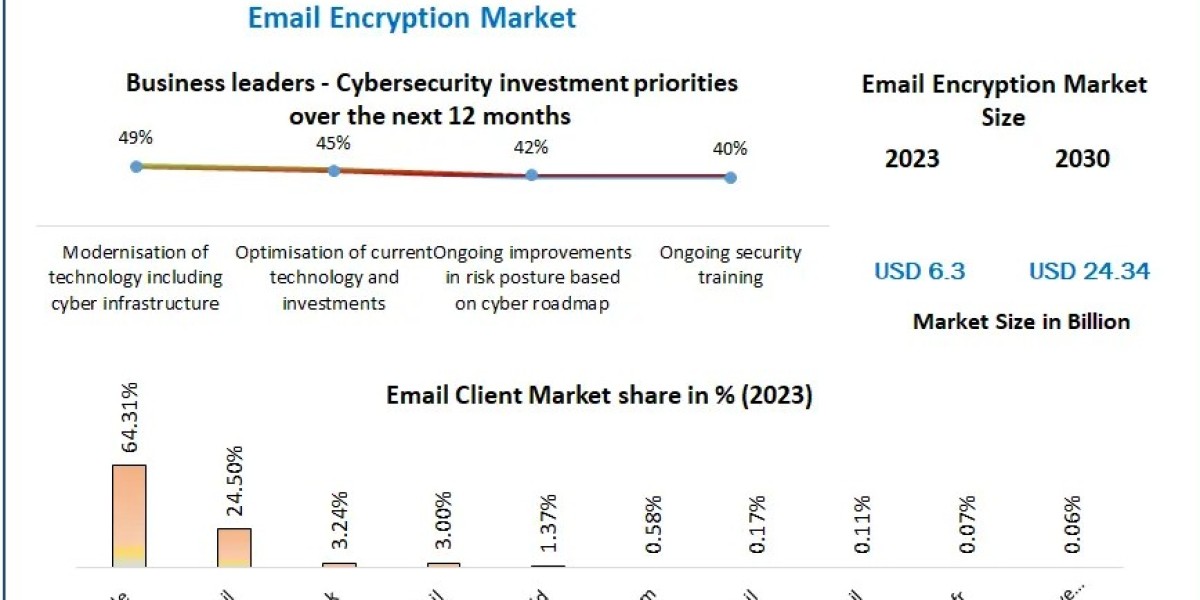The history of wide format digital printing is very short compared with that of the print industry overall because wide format digital printing only emerged at the end of the last century.
Wide-format digital printing has evolved rapidly in the past 15 years and the inkjet technology was pioneered jointly by HP and Canon. The first wide format digital printers were Electrostatic technology, which pre-dates inkjet and was pioneered by Xerox.
History of Wide Format Printing
One of the earliest wide format inkjets that was commonly used by print service providers was the Encad Novajet. Current wide format print technologies are: Aqueous; Pigmented: Dye Sublimation; Solvent; UV (mercury lamps and now LED); Latex (Latest ink type developed by HP)
Production
Roll fed and flatbed wide format digital printing refers to a digital printer, which is roll fed or has a table where the substrate is loaded. Either the roll is fed through the printer or the table moves under a print head array.
UV solvent inks are then printed directly to the substrate through inkjets. Solvent-based inks adhere to a wide range of substrates and have exceptionally good weather, UV and abrasion resistance.
Using the inkjet technology wide format printers are more economical than other print methods such as screen printing for most short-run (low quantity) print projects, depending on the size and type of substrates.
When Where
Wide format printers are used to produce products for the POS sector including banners, posters, trade show graphics, wallpaper, murals, backlit film, vehicle image wraps, presentation backdrops and any other large format artwork or signage.
The global market for wide-format inkjet printing is estimated to be worth a staggering £50bn per year.
Author: Gavin Ellis, Print Studio Manager Far’n’Beyond









